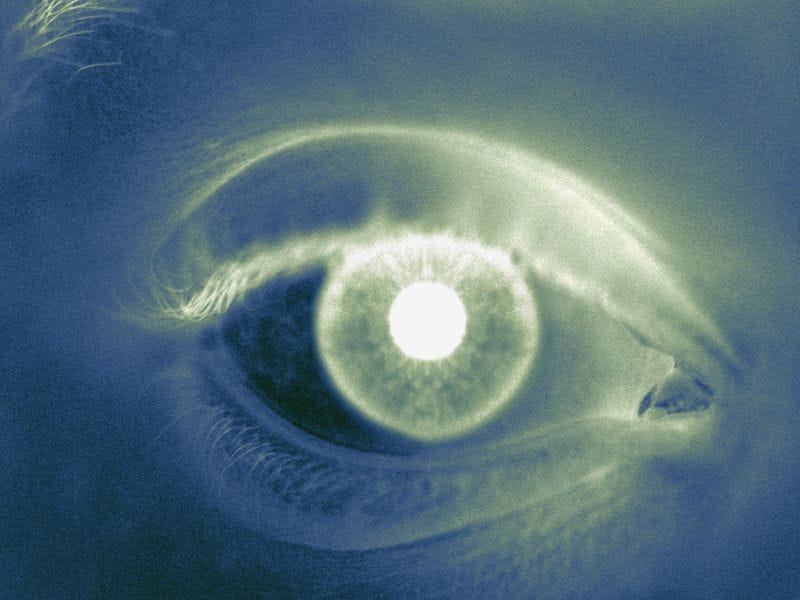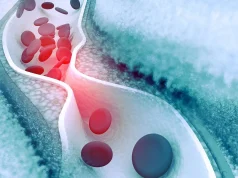Levodopa is safe and well-tolerated, improves visual outcomes, and delays anti-VEGF treatment
TUESDAY, Sept. 15, 2020 (HealthDay News) — Levodopa is a safe and well-tolerated treatment for neovascular age-related macular degeneration (nAMD) and improves visual outcomes, according to a study recently published in The American Journal of Medicine.
Anna G. Figueroa, from the University of Arizona in Tucson, and colleagues examined the effect of levodopa in nAMD. In cohort 1, the effects of carbidopa-levodopa were assessed on vision and anatomic outcomes for four weeks among patients with newly diagnosed nAMD and naive to anti-vascular endothelial growth factor (VEGF) injections. In cohort 2, patients previously treated with anti-VEGF injection therapy were treated with ascending levodopa doses.
The researchers found that levodopa was safe and well tolerated and improved visual outcomes while delaying anti-VEGF injection therapy. Retinal fluid decreased by 29 percent without anti-VEGF treatment in the first month. The decrease in retinal fluid was sustained through six months, with a mean anti-VEGF injection frequency of 0.38 injections/month. Mean visual acuity improved by 4.7 and 4.8 letters in cohorts 1 and 2, respectively. In cohort 2, there was a 52 percent reduction in the need for anti-VEGF injections.
“Using levodopa as an adjuvant therapy for nAMD could well alter the course of disease progression and save billions of dollars without sacrificing vision,” the authors write.
Copyright © 2020 HealthDay. All rights reserved.








